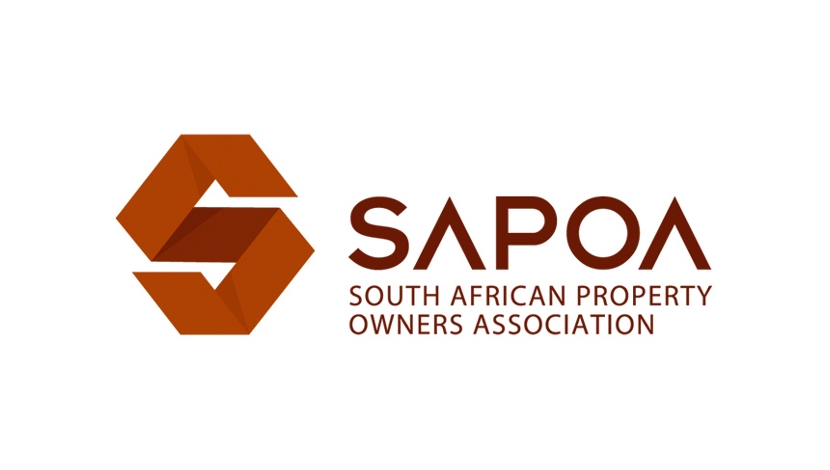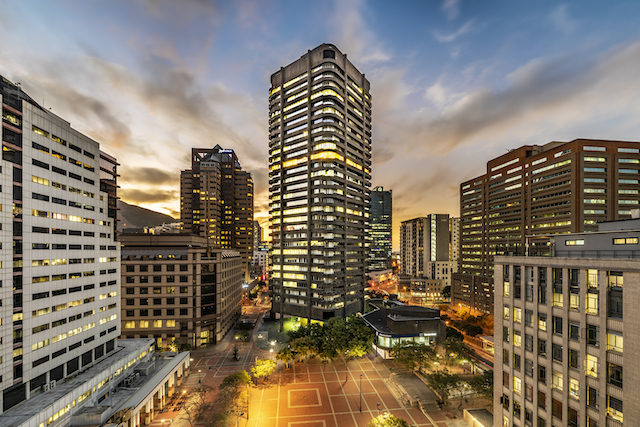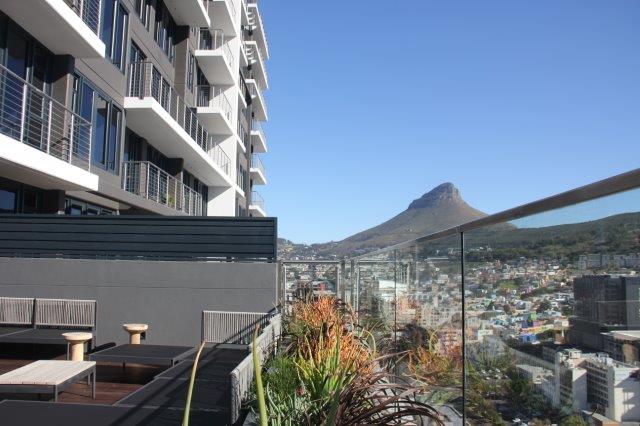

The South African Property Owners Association (Sapoa) is concerned that the City of Cape Town is not receiving the necessary income needed to fund projects for emergency water supply augmentation projects that were launched in mid-2017.
The city proposed raising the funding by the imposition of a drought charge.
“While the proposed charge will affect residential and commercial properties alike, the lower threshold of R50 000 for commercial properties means that the charge will have a broad impact on the industry,” Sapoa said in a statement on Monday.
The association added that the proposed drought charge was an additional tax and queried how the city foresaw charging such a tax when taxes were only imposed at national level.
“Sapoa understands and accepts that the supply augmentation projects will cost money and we feel strongly that recovering the drought charge uniformly, according to a property rates valuation, gives no recognition to those consumers who have heeded the call to save water,” it said.
The association further stated that the calculation of the drought charge was in no way linked to water consumption in a building.
“Any charge, if imposed, should be funded by a charge against water consumption and not against the building value.”
Sapoa pointed out that the schedule it received from the City of Cape Town stops at R500-million for commercial properties and queried the consideration where the property values were above this figure.
“For buildings approaching R1-billion [in] value, the amount of the drought charge would be exorbitant. Sapoa urged the city to keep it informed the progress being made regarding the proposal.”
More news
- PART 2: CONCRETE IN THE DESIGN OF A UNIQUE LUXURY HOME IN GEORGE, SOUTH AFRICA
- PART 1: CONCRETE IN THE DESIGN OF A UNIQUE LUXURY HOME IN GEORGE, SOUTH AFRICA
- MVULE GARDENS, AFRICA’S LARGEST 3D-PRINTED AFFORDABLE HOUSING PROJECT
- PART 3: HARNESSING THE POTENTIAL OF HIGH SULPHUR FLY ASH IN CONCRETE PRODUCTION
- PART 2: HARNESSING THE POTENTIAL OF HIGH SULPHUR FLY ASH IN CONCRETE PRODUCTION





